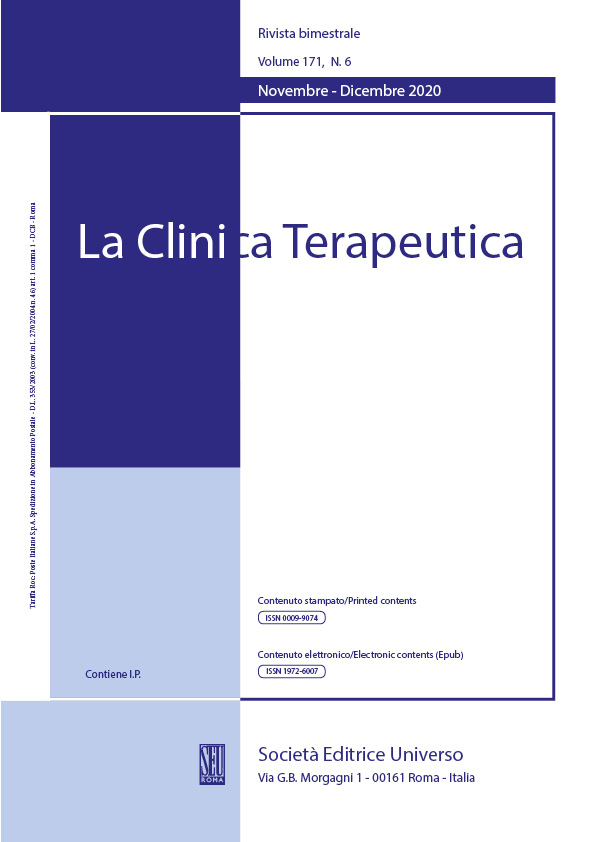Abstract
Background: Social robotics is a research field aimed at providing robots with skills related to social behavior and natural human interaction. Many studies have demonstrated the efficacy of these robots as socio-communicative mediators. Others have used them to create a new communication channel and promote social interaction in children with autism spectrum disorder (ASD). For children with ASD, prolonged interpersonal interaction can sometimes generate extreme frustration. They may find it difficult to focus their attention and learn social skills. The robot may therefore become a reliable and more predictable technological intermediary for the child.
Methods: Our study involved the use of the PARO seal robot as a social mediator in groups of children with neurodevelopmental disorders. We aimed to investigate whether the social robot could facilitate relationships with adults in children with neurodevelopmental disorders by comparing their interactions with those of typically developing children.
Results: The results of our research partially confirm what has been reported in the existing literature, while introducing some innovations that could be addressed by future research. The results of the statistical analysis showed a positive correlation in the ‘interaction’ dimension and the presence of the PARO seal in subjects diagnosed with Autism without Intellectual Impairment. These data highlight the PARO robot’s ability to facilitate communication and social skills in children with Autism without Intellectual Impairment.
Conclusions: The results of the present study confirm that social robotics can be a valid tool to improve socio-communication skills in clinical samples of children with Autism without Intellectual Impairment.
